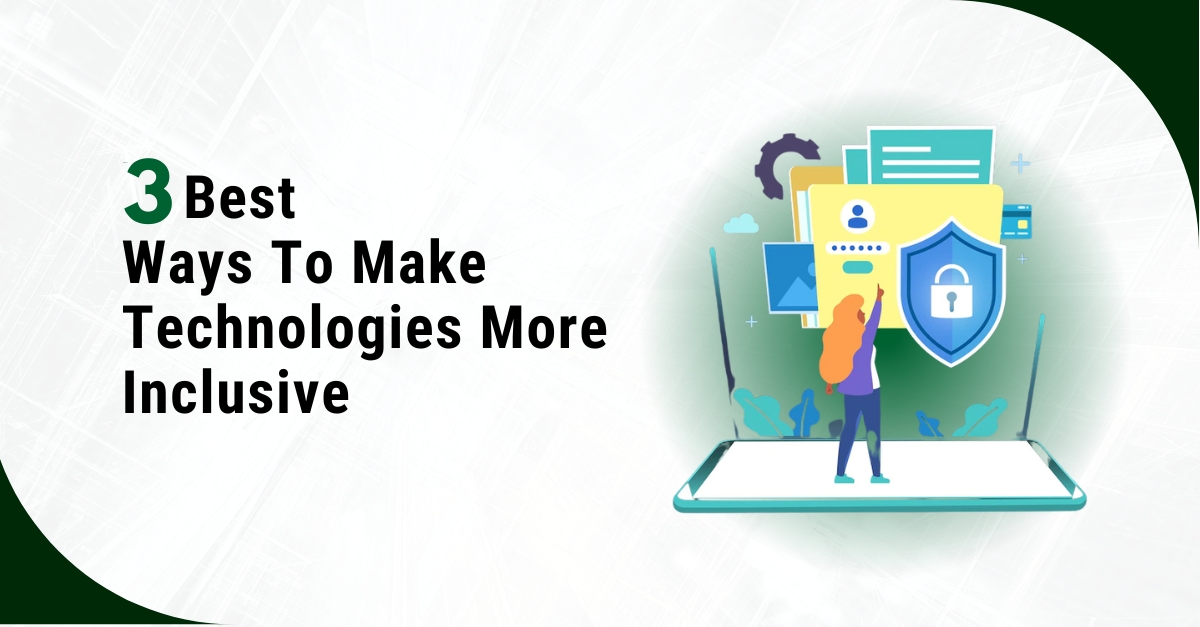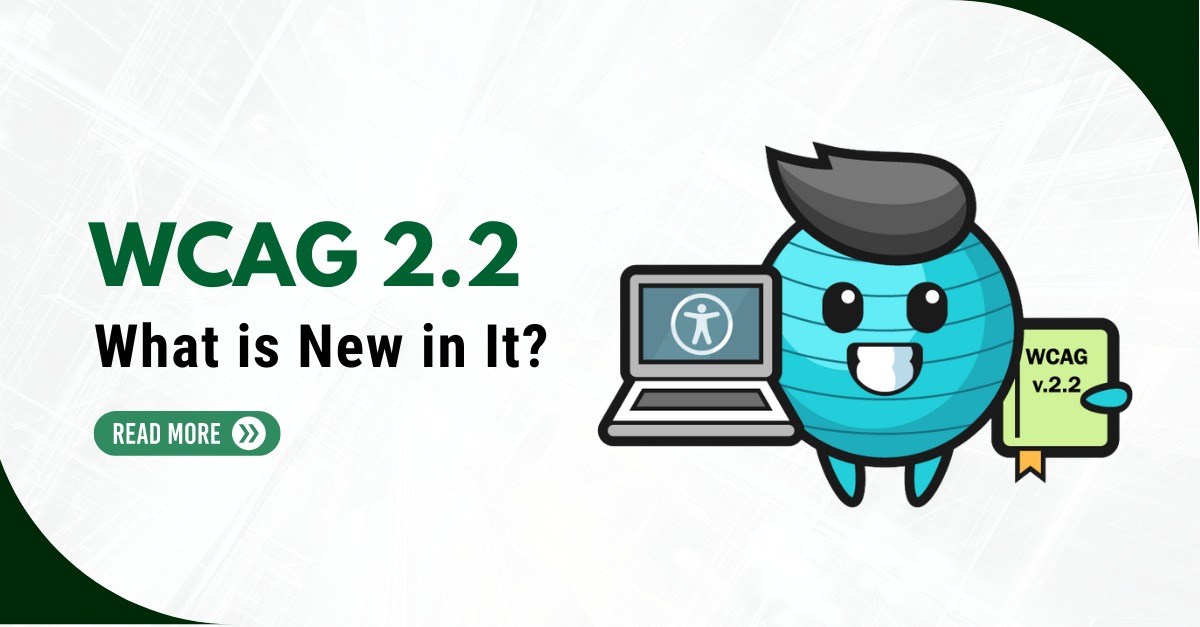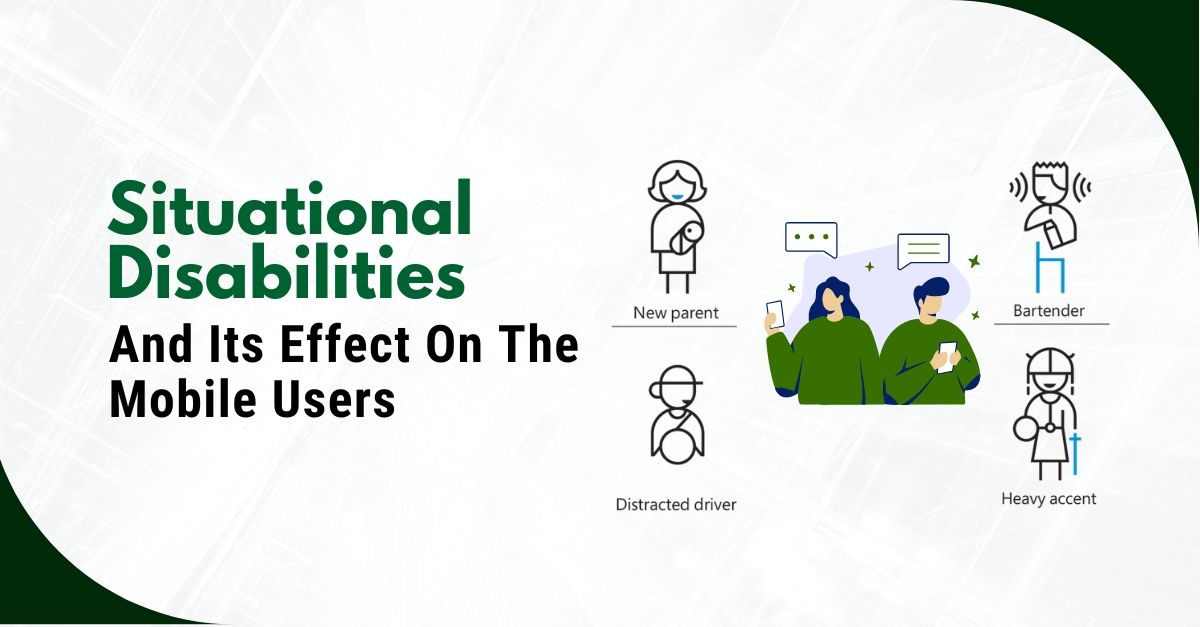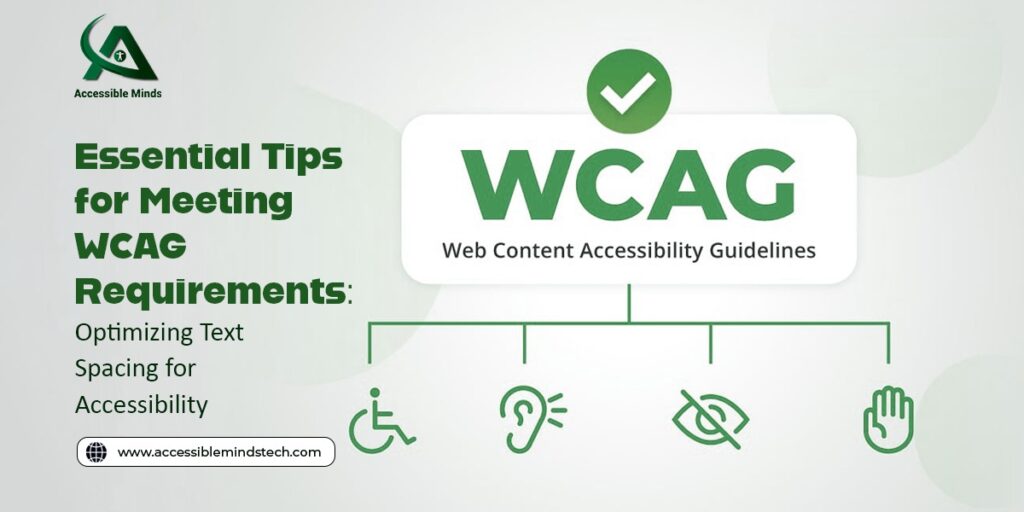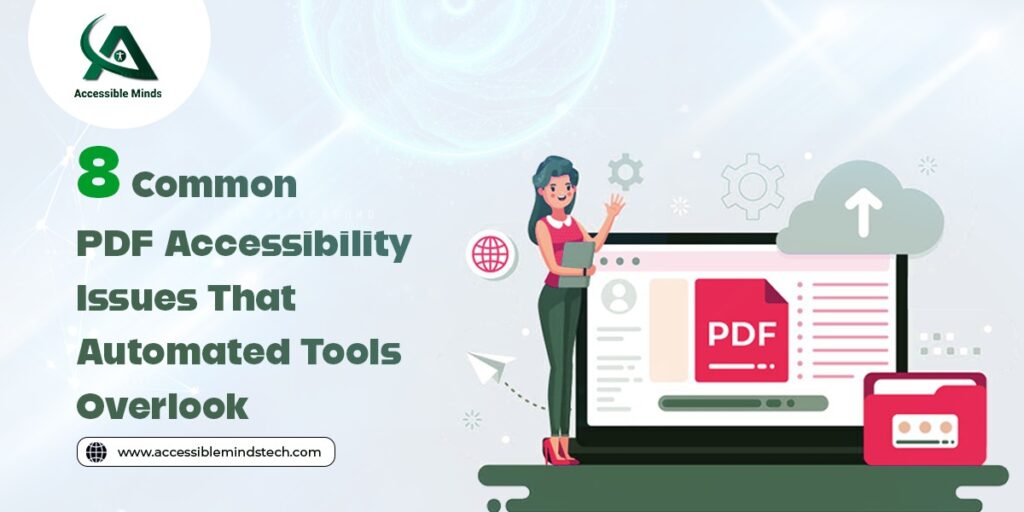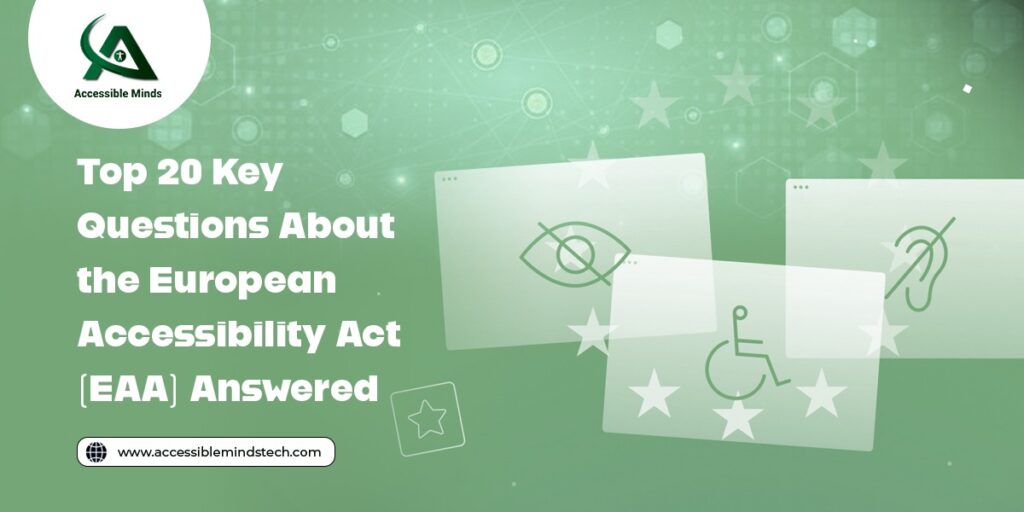We just can’t imagine our life without mobile. As per the report; the number of smartphone users worldwide is more than 6.92 billion. That means; the smartphone has become an integral part of 86 percent of the world population. As a mobile app company; one should be careful that the application must be accessible to all otherwise it will be of no use to the 1.3 billion people in the world who are affected with at least one kind of disability.
What is mobile accessibility?
When one can reach the world with just a click; one needs to think for a broader aspect. Mobile accessibility encompasses the inclusive design and development of applications and websites to ensure seamless access for all individuals, including those with disabilities; who utilize smart devices such as mobile phones, tablets, wearables, and Smart TVs. By prioritizing mobile accessibility, people with visual, physical, auditory, cognitive, and diverse disabilities can effortlessly engage with your content, fostering an environment of fairness and enhancing social integration.
Why Mobile Accessibility is Important?
At the heart of any digital product lies the unwavering goal of delivering services with utmost seamlessness. It is this driving force that propels businesses forward; as everything ultimately hinges upon user experience and usability.
Ensuring Compliance: Upholding Your Legal Obligation
As smartphone and internet usage continues to surge, digital accessibility has emerged as a fundamental civil right for individuals with disabilities. In this landscape, prioritizing mobile accessibility safeguards against potential legal complications, such as discrimination lawsuits. It also ensures compliance with three key laws and guidelines:
Section 508: This US law mandates federal and associated companies to ensure accessibility of technology and electronic data for all, including individuals with disabilities.
ADA: The Americans with Disabilities Act requires businesses to make electronic content accessible to individuals with disabilities.
WCAG: The Web Content Accessibility Guidelines serve as a standardized set of guidelines, outlining the necessary steps to make electronic content accessible to all users.
Adhere to SEO Guidelines: Better User Experience
SEO (Search Engine Optimization) is a significant strategy for driving traffic to your website and mobile applications by improving your search engine rankings; particularly on platforms like Google. By enhancing your online visibility; SEO not only expands your reach but also boosts conversion rates. In this context, mobile accessibility plays a pivotal role by making your content easily discoverable and user-friendly, thereby improving the navigability of your mobile applications. This, in turn, helps decrease the bounce rate and encourages prolonged user engagement with your site, resulting in higher chances of conversions and overall success in the digital landscape.
Nurturing Brand Identity and Cultivating Customer Loyalty
By prioritizing mobile accessibility, you not only demonstrate a commitment to legal compliance but also showcase a customer-centric approach that values and accommodates diverse needs. Such inclusivity not only enhances your brand’s reputation but also attracts potential partners for fruitful collaborations; further bolstering your standing in the industry. Moreover; by fostering an inclusive environment, you increase access to quality customer services for individuals with disabilities. This provision of exceptional customer service, in turn, enhances customer satisfaction and loyalty, leading to increased customer retention and long-term business success.
Driving Profitability through Mobile Accessibility
By incorporating mobile accessibility features into your mobile applications; you provide content that can be consumed in various formats, such as videos, audio, alt-text, and written transcripts. This inclusive approach ensures accessibility for individuals facing age-related declines, language barriers, injuries, and more. As a result; mobile accessibility expands your customer base, allowing you to reach a wider audience with your products and services. By tapping into this diverse market; you enhance your chances of driving sales and ultimately boosting your profits.
Mobile accessibility is essential, providing protection from lawsuits, expanding reach, enhancing brand recognition, increasing profits, and improving the lives of individuals with disabilities. To ensure your mobile applications and websites are accessible, consider partnering with Accessible Minds. With a team of expert IAAP-certified professionals well-versed in global accessibility standards, Accessible Minds offers streamlined solutions for your accessibility needs. Leveraging automated accessibility testing tools and manual interventions, we provide comprehensive WCAG audit reports and VPAT (Voluntary Product Accessibility Template) reports. As a trusted partner of renowned companies like Pearson, Wiley, and Philips, Accessible Minds is dedicated to making digital experiences inclusive for all.


